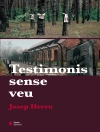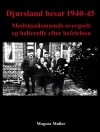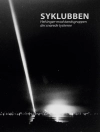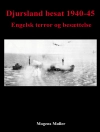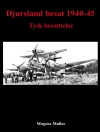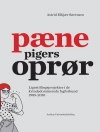The volume focuses on the years following the First World War (1918–1923), when political, military, cultural, social and economic developments consolidated to a high degree in Eastern Europe. This period was shaped, on the one hand, by the efforts to establish an international structure for peace and to set previously oppressed nations on the road to emancipation. On the other hand, it was also defined by political revisionism and territorial claims, as well as a level of political violence that was effectively a continuation of the war in many places, albeit under modified conditions. Political decision-makers sought to protect the emerging nation states from radical political utopias but simultaneously had to rise to the challenges of a social and economic crisis, manage the reconstruction of the many extensively devastated landscapes and provide for the social care and support of victims of war.
Despre autor
Dr. Burkhard Olschowsky: Historian, research associate at the Federal Institute of Culture and History of Germans in Eastern Europe (Oldenburg), expert of German and Polish modern history; Bundesinstitut BKGE
PD Dr. Tobias Weger: Historian, research associate at the Institute for German Culture and History of Southeastern Europe (Munich), expert of Czech and Romanian modern history, Institut für deutsche Kultur und Geschichte Südosteuropas
Prof. Piotr Juszkiewicz: Art historian, Department of the History and Theory of Research on Art at the University of Poznań, expert of 20th-century art, art criticism XVIII-XX century, movie and new media
Prof. Jan Rydel: Historian, expert of military history in the 19th and 20th centuries, history of Germany and Austria, University of Kraków


